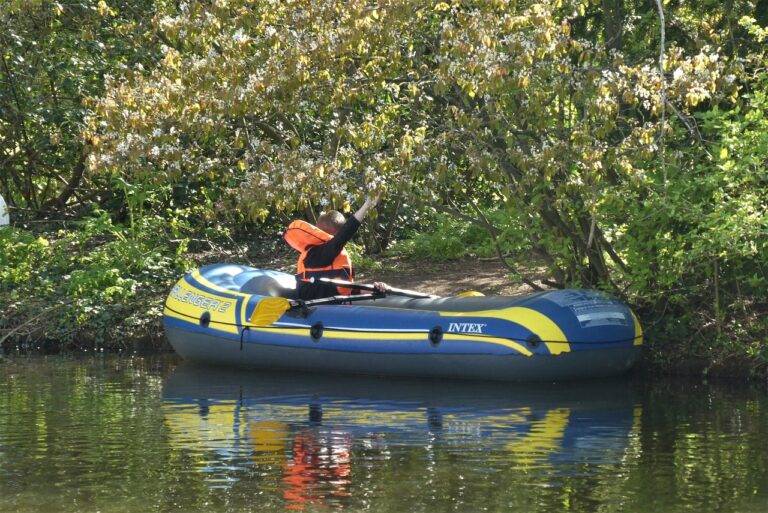Sustainable Concert Tours: Reducing Carbon Footprints and Environmental Impact
In recent years, there has been a notable shift towards incorporating eco-friendly practices in concert tours across the globe. Artists and event organizers are increasingly recognizing the importance of reducing their environmental impact and embracing sustainable solutions. By going green, not only do they contribute towards a cleaner planet, but they also set a positive example for their fans and the industry as a whole.
Implementing eco-friendly practices in concert tours brings forth a myriad of benefits. From reducing carbon emissions by using energy-efficient equipment to minimizing waste through recycling and composting, every effort counts towards creating a more sustainable future. Additionally, embracing eco-conscious initiatives can lead to cost savings in the long run, as efficient resource management and innovative solutions often translate to lower operational expenses.
Challenges Faced by Artists and Event Organizers in Reducing Environmental Impact
Organizing a concert or event comes with its own set of challenges, and adding the element of reducing environmental impact can sometimes seem overwhelming. One common challenge faced by artists and event organizers is the issue of waste management. With large crowds gathered in one place, the amount of waste generated can be substantial, requiring careful planning and coordination to ensure proper disposal and recycling.
Another significant challenge is the energy consumption involved in hosting a concert or event. From lighting and sound equipment to transportation and venue operations, the energy usage can be high, contributing to carbon emissions and environmental harm. Finding ways to minimize energy consumption and incorporate renewable energy sources can be a complex task for artists and event organizers looking to lessen their environmental footprint.
Why is it important for artists and event organizers to reduce their environmental impact?
It is important for artists and event organizers to reduce their environmental impact to contribute to sustainability efforts, minimize carbon footprint, and set a positive example for fans and attendees.
What are some benefits of implementing eco-friendly practices in concert tours?
Some benefits of implementing eco-friendly practices in concert tours include reducing waste, conserving resources, lowering costs, enhancing brand image, and attracting environmentally-conscious audiences.
What are some common challenges faced by artists and event organizers in reducing environmental impact?
Some common challenges faced by artists and event organizers in reducing environmental impact include logistical difficulties, financial constraints, lack of awareness or knowledge, resistance to change, and balancing sustainability with other priorities.
How can artists and event organizers overcome these challenges?
Artists and event organizers can overcome these challenges by conducting a sustainability audit, setting clear goals and targets, engaging with stakeholders, seeking partnerships with sustainable suppliers, educating staff and crew, and implementing green initiatives step by step.
What are some examples of eco-friendly practices that artists and event organizers can adopt?
Some examples of eco-friendly practices that artists and event organizers can adopt include using renewable energy sources, reducing single-use plastics, recycling and composting waste, encouraging public transportation or carpooling, offsetting carbon emissions, and incorporating sustainable merchandise options.





